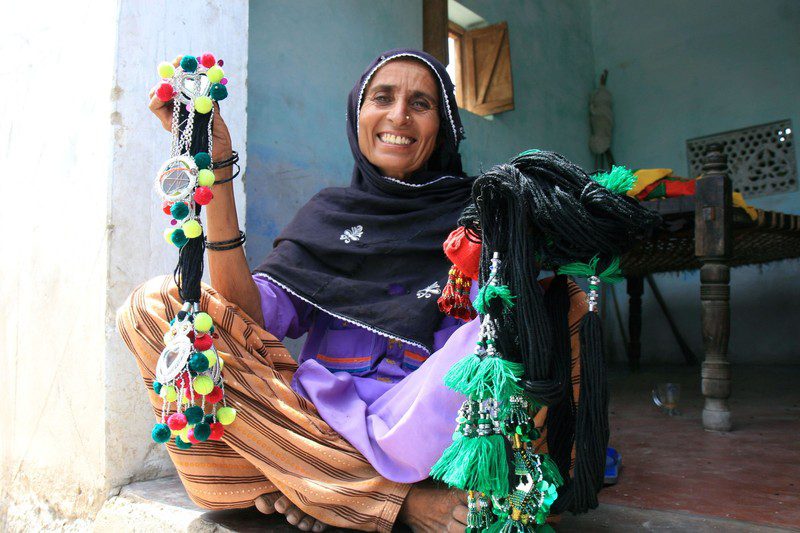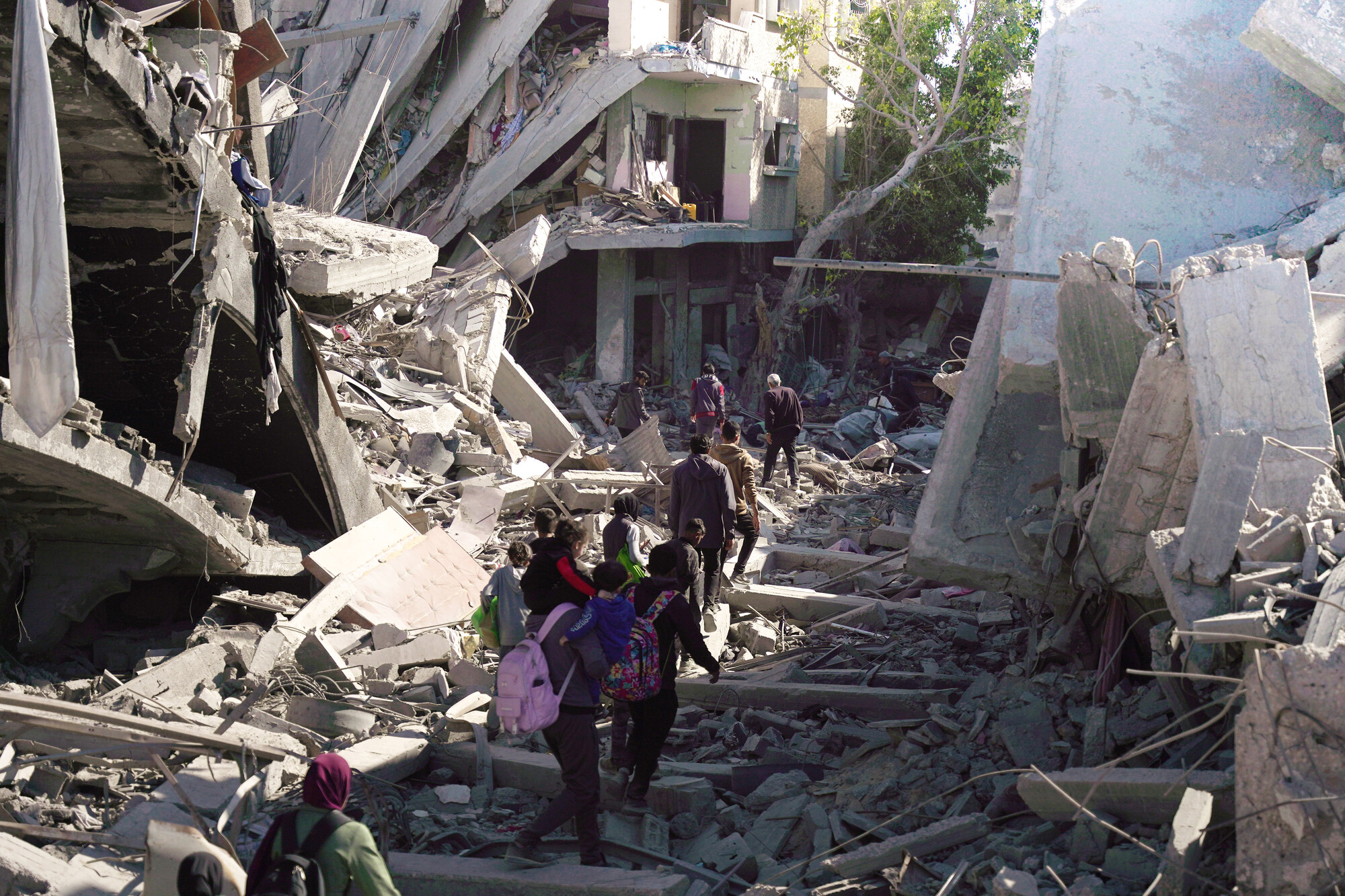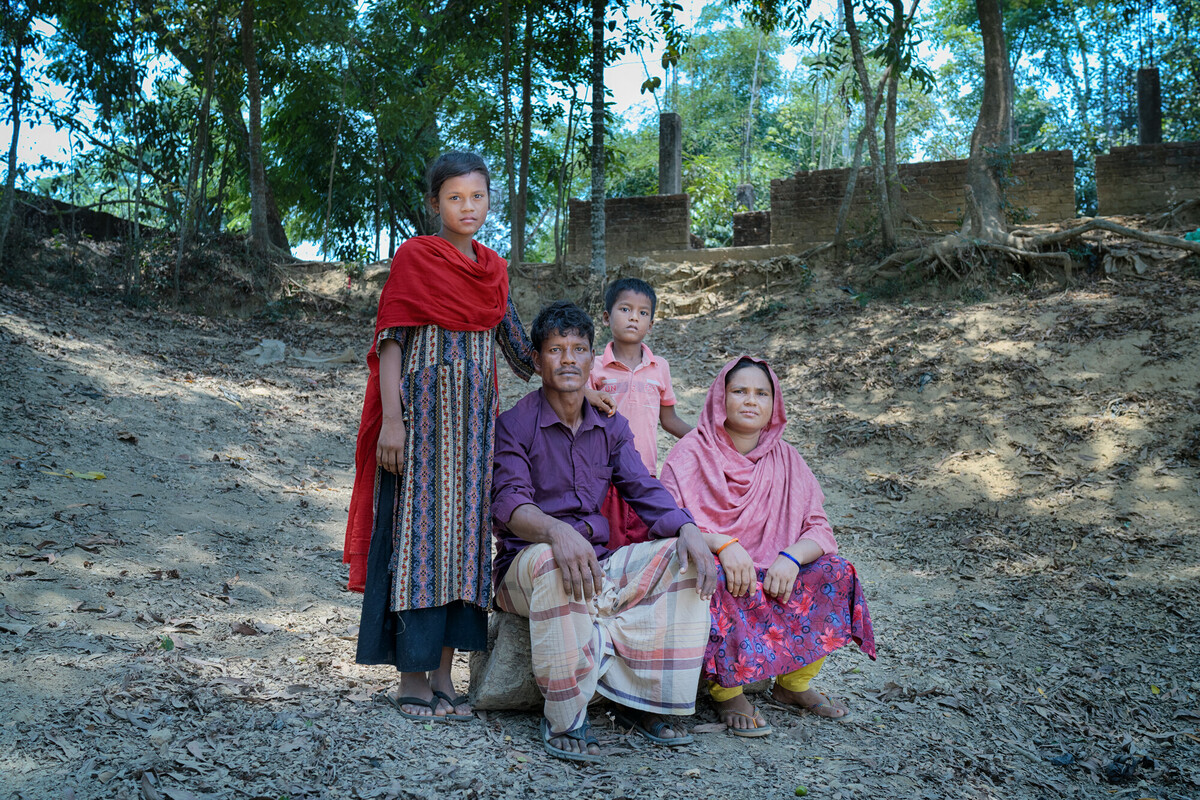Two years after devastating floods caused widespread damage across Pakistan, we bring you this good-news story from Oxfam Great Britain’s Jane Beesley of a tiny village finding its way back from disaster.
In 2010 the devastating floods that swept through Pakistan from north to south hit the small village of Mir Muhammad Tharani (Thatta District), affecting all 50 households living there.
“When the floods came the situation here was very bad,” says Asia, a resident of the village. “We had to leave with our children and livestock. We stayed away for almost two months. When we came back the water was still up to our knees and there was a lot of debris and mud and so many mosquitoes that we couldn’t sleep at night.”
The flood could not have come at a worst time. Asia explains: “All the rice, sugar and cotton were destroyed and they were just about to be harvested when the flood came – but we lost it all.”
With no outside assistance to turn to, people tried to cope by looking for labouring work and trying to re-establish their livelihoods, but incurred a lot of debts in the process – debts that they’re still paying off.
Sakina is no exception. “We got agricultural seeds and fertiliser from our landlord,” she says. “We (normally) borrow from him and pay back at 10% interest. We still have debts. Many of us still owe around 100,000 Rupees (approx. AUD $1035) from 2010.”
Crafting their way out of debt
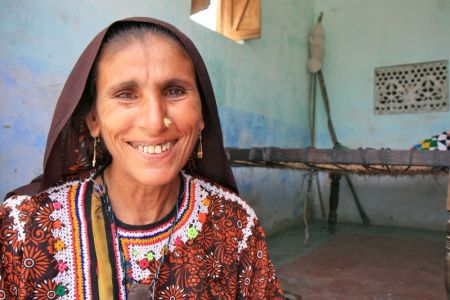
But then the village’s luck changed. Working with local partner Participatory Development Initiative (PDI), Oxfam began a number of cash activities – including small enterprise grants, cash for work, conditional grants and cash support for farmers. Residents suddenly had control of their lives again. “When we received the money, we could start doing some work,” Sakina remarks.
Several of the women of the village have benefited from the small enterprise grants, which have enabled them to start their own small businesses. “We’re making traditional crafts…like relis (small colourful quilts of patchwork and/or appliqué) that people sit on, and other things like hair decorations and bracelets women wear at weddings,” says Sakina.
It takes between 10 and 15 days to make one reli. The women spend anywhere from two to five hours a day hand-stitching each reli, which they then sell for about 1,500 or 2,000 Rupees (AUD $15.50–20.70) — making a profit of up to 100%.
The colourful parandas (hair decorations) are sold for 100–200 Rupees. “With the profit we buy food, medicines or save,” Sakina says. “If we make things in large qualities we get a better profit. At the moment, we are mainly selling to brides.”
Without this cash support the women felt their situation would have been worse. With so many debts from 2010 still to pay off, they would have been forced to take on more debt to cope.
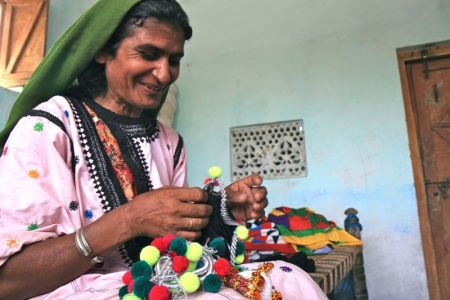
No more violence
Besides cash assistance, people in the village also attended 19 days of training, learning about such topics as disaster risk reduction, health and hygiene, and caring for livestock. But the women were especially excited about one of the training sessions in particular.
“There is a woman here whose husband was beating her, he would even beat her if he had to wait a few minutes for food, and now he has stopped,” one of the villagers, Manghi, reports. “Before the training we didn’t know that we could interfere when a man was beating his wife. During the training we learnt we could do that…so that’s why we all went and spoke with him. We even invited him in to the training session and the trainer spoke to him too. Now he has stopped and they are living happily side-by-side…so we feel very happy that we know we can do this.”
The woman in question agrees. “I’m very happy. My husband has realised it is wrong and has stopped beating me.” A positive outcome indeed.
Find out more
Read more about the 2010 Pakistan floods
Read about Oxfam’s work in gender equality
